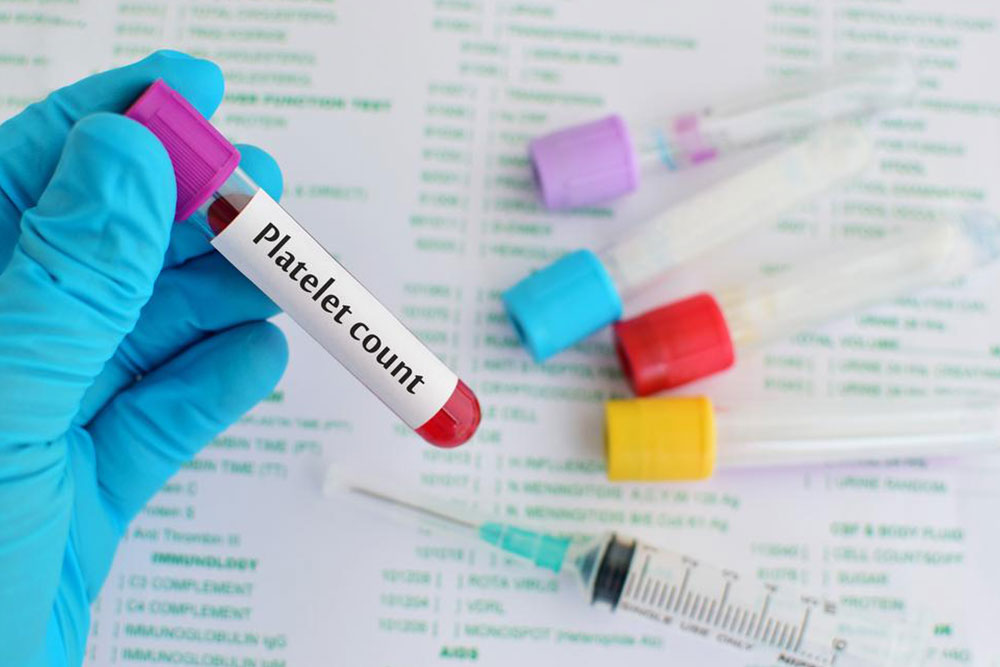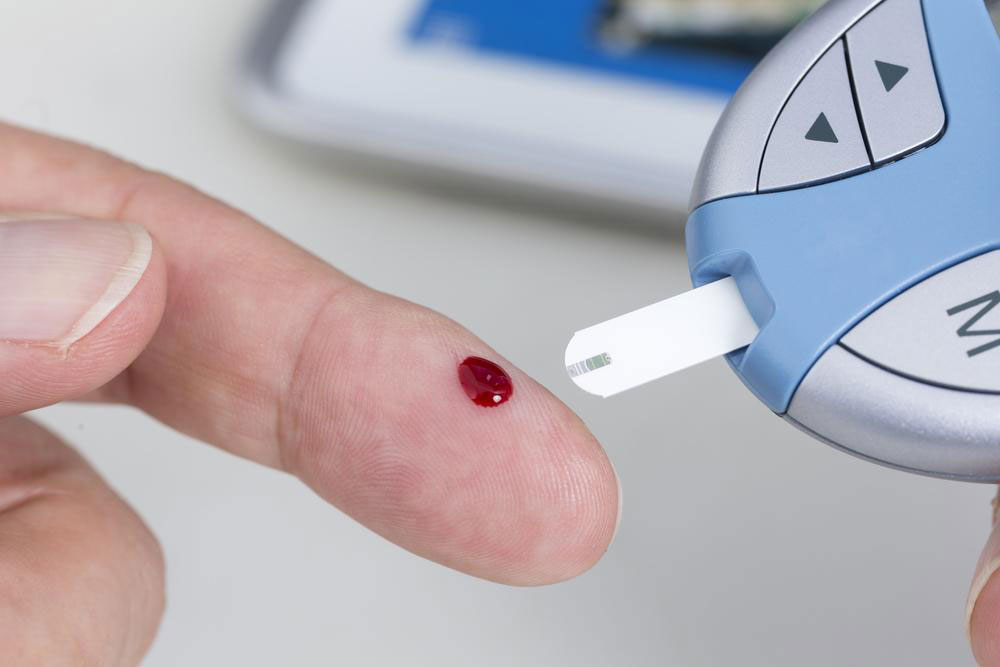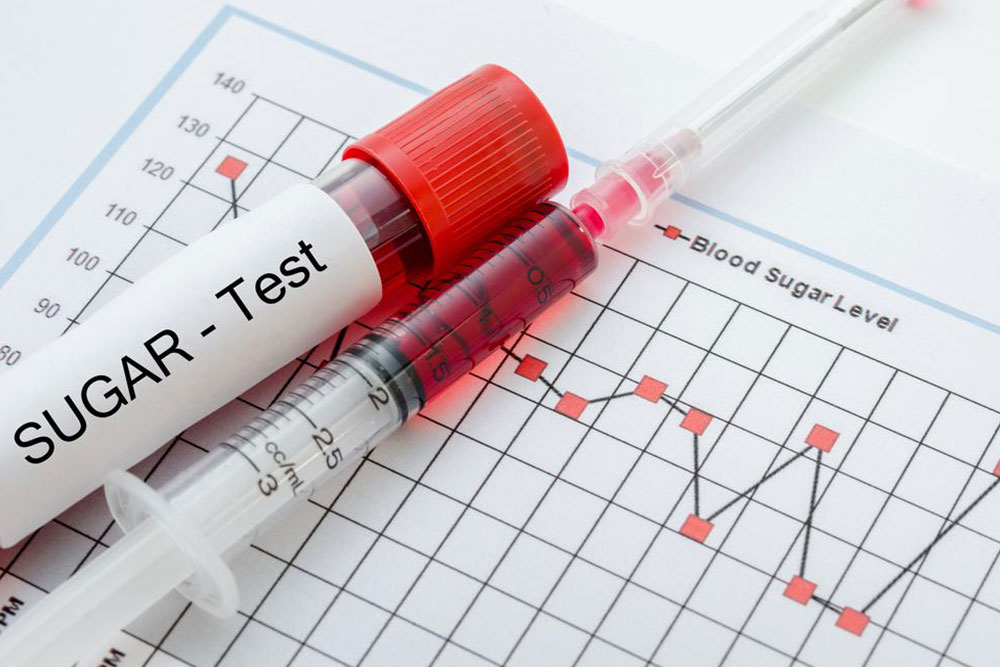Recognizing Early Symptoms of Blood Disorders
Identify key signs of blood disorders early with this guide. Symptoms like fatigue, shortness of breath, infections, and bleeding issues can suggest underlying blood issues. Prompt medical attention is crucial for effective management and better health outcomes. Recognizing these symptoms can help prevent complications associated with blood disorders.

Recognizing Early Symptoms of Blood Disorders
Blood conditions are among the most critical health issues that require prompt diagnosis and treatment. Blood's essential role is to deliver nutrients and oxygen throughout the body, and any disruption can have serious consequences. Blood is composed of three main elements: Red Blood Cells (RBCs), White Blood Cells (WBCs), and platelets. Each component has vital functions: RBCs transport oxygen, WBCs fight infections, and platelets facilitate clotting.
When blood components are compromised, it leads to specific symptoms. Disorders affecting RBCs often cause fatigue and breathing difficulties due to inadequate oxygen supply. WBC issues can weaken the immune system, increasing infection risk and causing weight loss. Platelet problems typically lead to excessive bleeding, easy bruising, and slow wound healing.
Early detection of blood disorders is vital. Symptoms like persistent fatigue, shortness of breath, frequent infections, unexplained bruising, and prolonged bleeding can indicate underlying issues. If these signs are observed, seeking medical consultation is essential to diagnose and manage the condition effectively. Timely intervention can improve outcomes and prevent serious complications.
Note:
This article offers informative guidance on blood disorder symptoms. While the information aims to support awareness, it should not replace professional medical advice. Always consult healthcare professionals for accurate diagnosis and treatment options. The website is not liable for external data discrepancies or unlisted schemes that may benefit readers.









